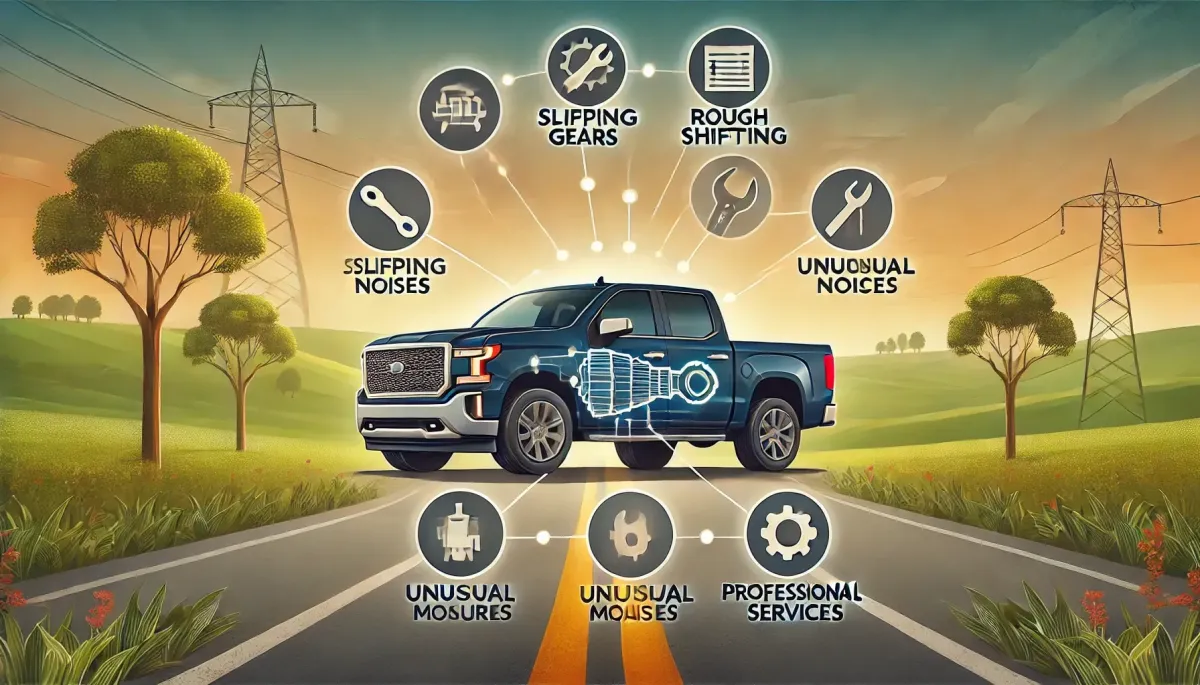 Tyler Spangler
Tyler SpanglerPublished on: 11/10/2024
The text provides a comprehensive guide for Chevy truck owners on common transmission issues and the key differences between the Allison 2500 and 3000 series transmissions. It highlights typical transmission problems like fluid leaks, overheating, aggressive driving, ignoring warning signs, model-specific problems, and improper maintenance. It then delves into a comparison of the Allison 2500 and 3000 series transmissions, detailing their torque capacity, gear ratios, features, applications, weight, and cost. Ultimately, it advises choosing a transmission based on the truck's usage, with the 2500 series suitable for light-duty tasks and city driving, while the 3000 series is ideal for heavy-duty work and off-roading. The text concludes with an invitation to consult Truck Transmission Specialists for expert advice, maintenance, and upgrades.
Vehicle MaintenanceTransmission CareDIY Auto RepairStep-by-Step GuidesSafety TipsMaintenance ToolsProfessional Assistance





